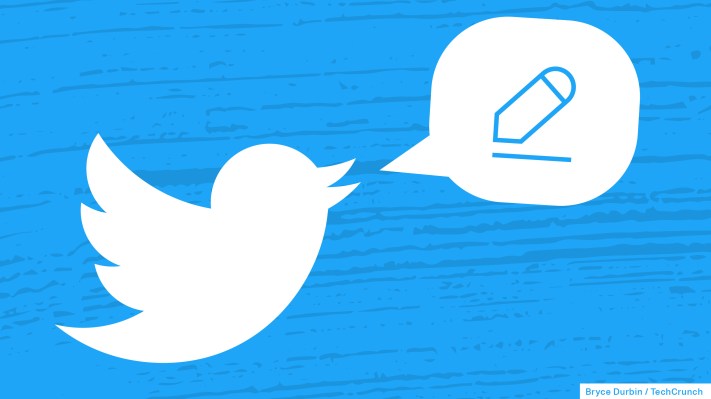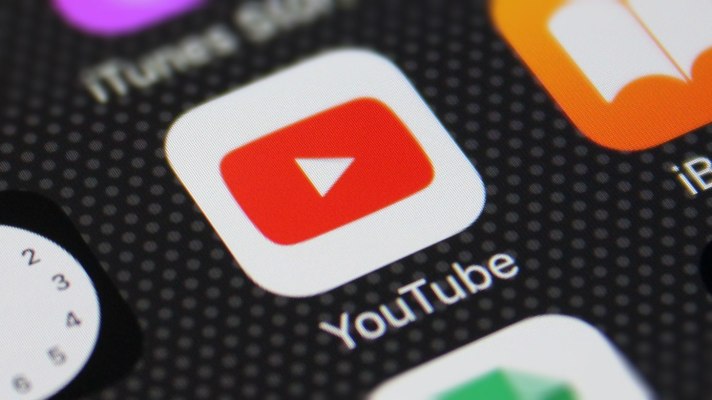This is how edited tweets might look when embedded elsewhere – TechCrunch

While Twitter hasn’t officially released its much-anticipated edit tweet feature yet, one lingering question has been how they would look as embeds on other sites. Would they dynamically change when edited on Twitter, or would they remain as they were when created? OR would Twitter introduce something radical alongside or instead of either of those options? Given how often tweets get embedded elsewhere, the answer to this question takes on nearly philosophical proportions.
Well, we now have an idea about how edited tweets might look like when a site embeds them, thanks to app researcher Jane Manchun Wong.
According to screenshots she posted this week, embedded tweets will have markers indicating if the author has edited the tweet after the site posted it, keeping the original text intact.
Wong presented a couple of scenarios about how embeds and the edit tweet function will work with each other. The first scenario shows a site embedding an already-edited tweet with the timestamp of the last edit. The second scenario shows a tweet that’s been edited after the site embedded it; the original version will show a “There’s a new version of the tweet” label under the edited tweet with a link to redirect readers to the latest version — on Twitter itself.
Embeds are important because they give users a chance to interact with Twitter even if they are not registered on the site. Plus, a lot of news reports rely on tweets, and if the content represented in a tweet changes, it might affect the whole story. Twitter has struggled with the formatting of embedded tweets that were removed after they were posted on a site. Earlier this year, it started showing a blank tweet embed box instead of blockquote when an embedded tweet was removed. The company said this change was to respect the author’s wish to remove, and it is working on showing a better message instead of a blank box for deleted tweets.
This would be helpful for news sites, giving them a trail, and a record, of what an account or a person originally said even if the tweet is edited later.
Regardless of how embedded tweets might look, in another edit tweet-related find, reverse engineer Nima Owji discovered that Twitter appears to be working on limited functionality for editing. Specifically, you might be able to only edit a tweet within 30 minutes of posting it.
Earlier this year, Twitter confirmed that it was working on an edit button to test it with its Twitter Blue premium service subscribers. But we haven’t heard about an official release date yet. The company increased the price of its paid plans last week, and many users said the price is too high for what Twitter offers, but if the much-requested, much-contested edit button is rolled into the premium service, that could change their minds.
We have asked Twitter for a comment, and we’ll update the story if we hear back.
While we wait for Twitter to release the edit button feature, discoveries by code sleuths have given us some idea about how the feature might work. In April, reverse engineers like Owji and Alessandro Paluzzi tweeted about what an edit button might look like on a tweet.
Wong also highlighted Twitter’s approach at that time noting that the company won’t edit the original tweet’s text, instead, it will create a new ID for the edited tweet and link it to the original tweet.
In May, she made a note about the “There’s a new version of this tweet” label that is likely to show up next to the edited tweet once the feature rolls out.
Critically, all these discoveries noted that Twitter is still working on the interface that will show users different versions of an edited tweet. That means we don’t know what that might look like in the final version.
Twitter is set to go to trial against Elon Musk over its acquisition row with the mogul in October. A poll that Musk created, asking people’s opinions about the edit button, was one of his more notable Twitter trolls (he misspelled both “yes” and “no”, ho ho ho!) when he was still in the honeymoon period of his acquisition dalliance.



